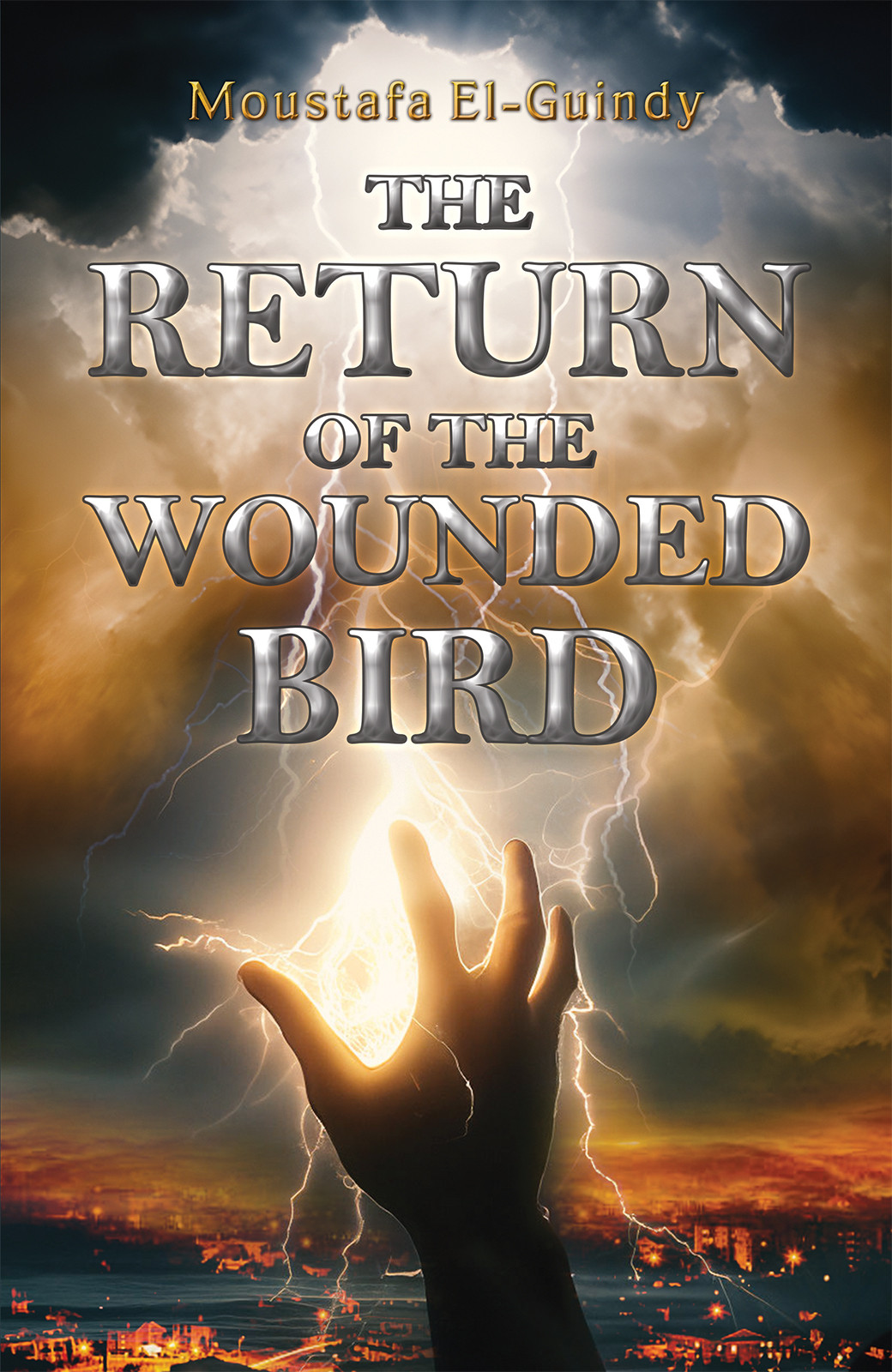Shining Light: The Love That Saved Her
What can a soul remember when the heart is fully open for love and ready to listen to the universe?
In this sensual and tantalisingly soulful follow-up, Gatinha returns with a hypnotic blend of truth and fiction, inviting readers into a deeper journey: one of embodied healing, feminine power, and a spirituality that pulses beneath the surface, beyond what the eyes can see.
As her reality begins to slip—raw, dreamlike, and stirred by a delicious kind of madness—she’s pulled into a realm where time bends, the body remembers, and pleasure becomes a sacred language of its own.
In the liminal space between longing and surrender, past and present entwine. And to reclaim her peace, one woman must bare herself to the echoes of memory and the fire of desire.
This is a story where silence moans louder than words, where touch becomes truth, and intimacy opens the door to transformation.
A story of sacred sensuality, surrender, and the irresistible return to the self – whole, wild, and utterly alive. Contains soul. Contains sex. You’ve been warned.




